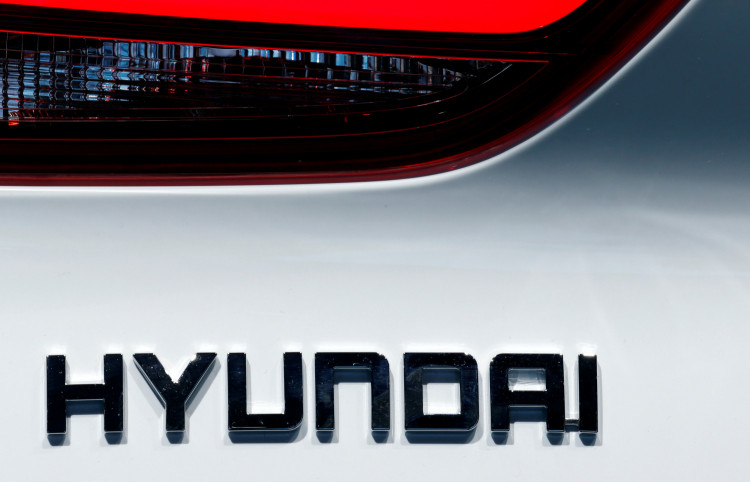Hyundai Motor plans to cut its factory operations in China while Ford's joint venture started to lay-off thousands of employees because of their falling sales.
Lee Won-hee, chief executive of Hyundai, discussed the capacity cuts in its China operations during a meeting with analysts. Sources claim that the automaker considers addressing overcapacity by slashing its number of workers at its old factories in China. According to a spokeswoman from Hyundai, they are "reviewing various optimization plans to enhance facility efficiency" and they had started to impose voluntary retirement for its employees in China.
The data from the industry association reflected that the car sales in the country dropped by 2.8 percent year-on-year in 2018, it's first since the 1990s. British car production is down 18.2 percent in January based on the SMMT United Kingdom production data for the month of January released last week. It shows that model changes and the slowing demand drive much of the decline in sales in both the United Kingdom. The biggest contributor to the decline is caused by the further softening of key export markets in Asia and Europe.
According to Reuter's report, sales of Hyundai in China fell by 23 percent during the fourth quarter due to the lack of attractive models and the strength in the advertisement of its competitors in the Chinese and the global market.
According to a source, Lee said that the company was considering shipping KD kits from China to the Philippines, South America, and other countries to be assembled locally. The chief executive added that GM, Ford, and Honda also plan to cut their global excess capacity. The automakers around the globe produce 31 percent more vehicles than the 95-million demands from the industry. They currently produce 135 million vehicles every year.
Speculators projects that China might be at risk of a sharper slowdown despite the increasing government stimulus to support the industry because of the developments of the China-United States trade talks.
Iris Pang, Greater China economist at ING, said on a note that unless the trade war truly turns into an extended truce, the weakening trend may not end quickly as everyone expects March's PMI to fall.
On Monday, the United States President Donald Trump said that he might sign a deal with Chinese President Xi Jinping soon to end their trade war if they can agree on their remaining differences. Negotiators, however, said that it is still too early to predict the outcome of the talks.





